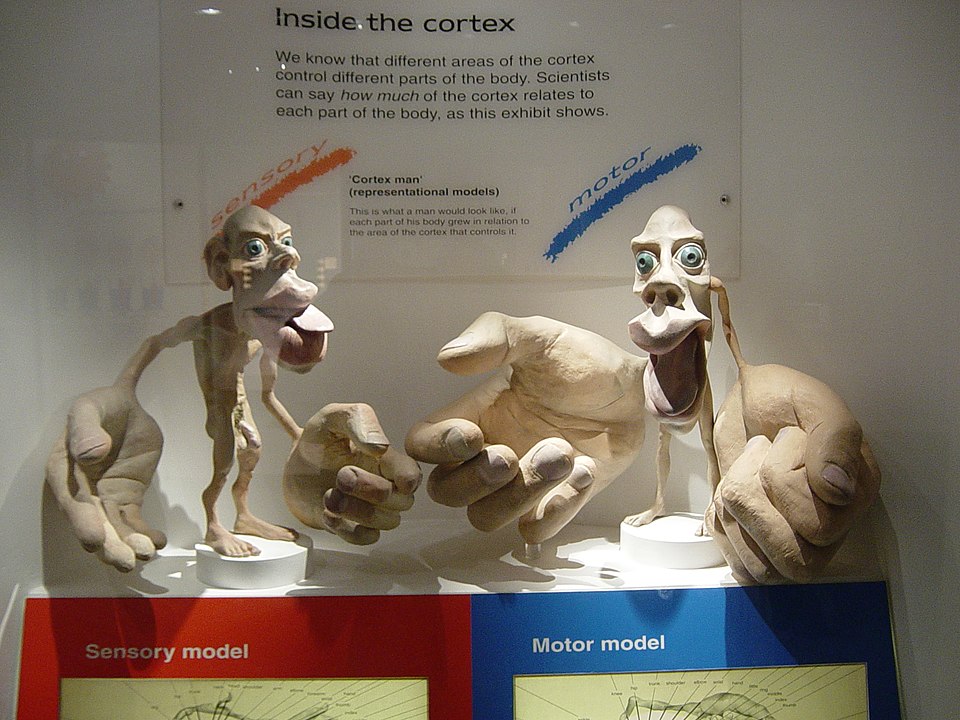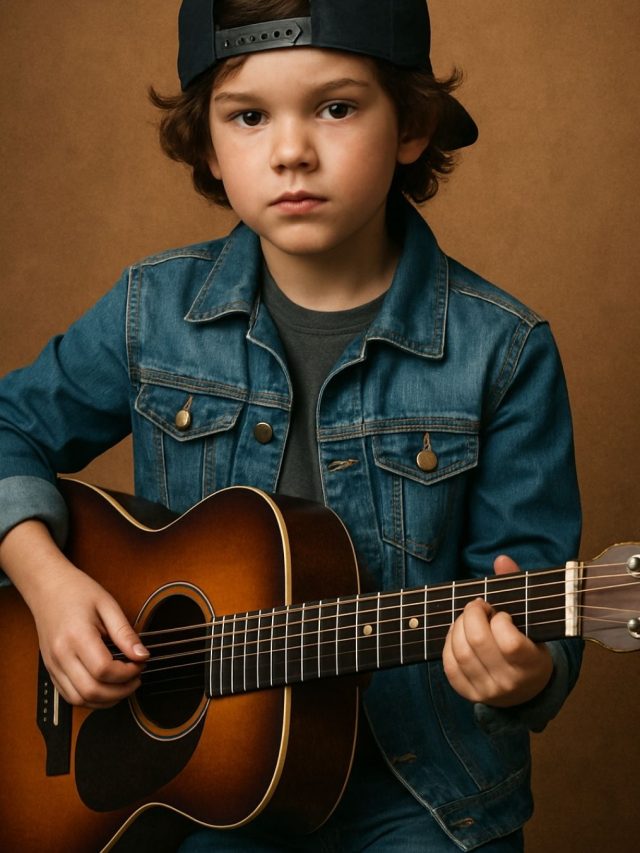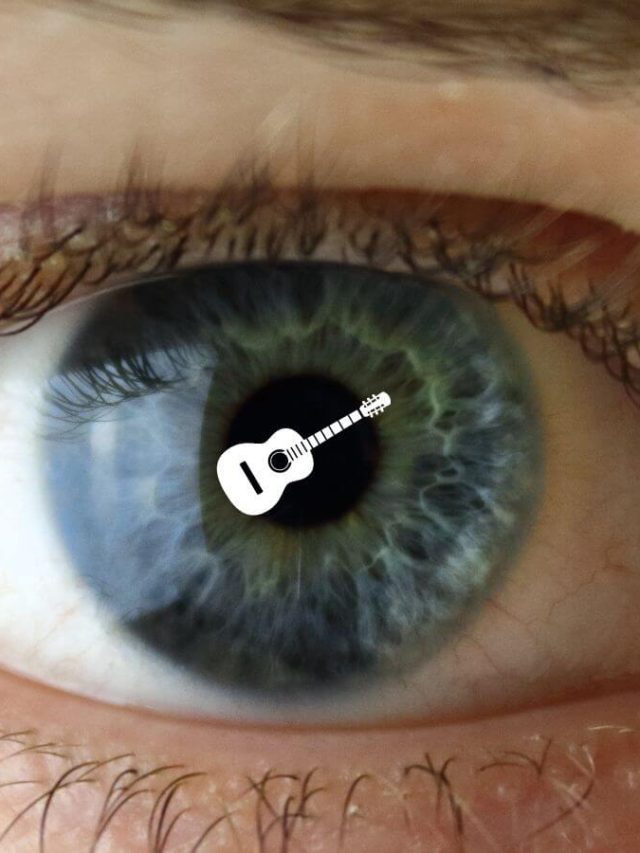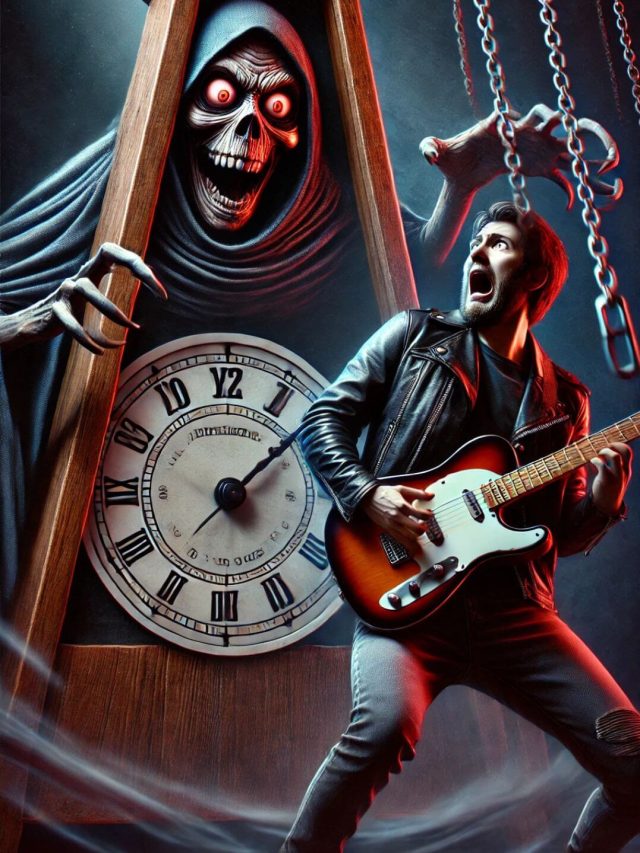Playing the guitar is a whole-brain exercise that a child can do for better brain, physical, and cognitive health. If you are looking for hobbies for your child, the guitar is a great idea. Parenting win!
I was first exposed to music-making while watching my grandparents do their music. My grandfather was a piano and accordion player who played live 60 years ago and never stopped. My grandmother became a renowned harmonium player and teacher. Never stopped for 60 years too.
I was inclined toward music, and a guitarist running around slaying a solo on MTV compelled me to ask my parents for a guitar. They obliged and bought me a basic acoustic guitar at the age of 10. Apart from my first few years being on and off the guitar while in school, I never stopped playing and went on to have an 8-year on-stage career and composing with a few bands. The lasting things that I discovered and learned because of the guitar have shaped me, and they are all extremely positive. My memory is sharp, I got over social awkwardness and made friends; I experienced innumerable novel things in life because the guitar opened some doors for me.
So, parents, if you want to get your children engaged in a hobby that has a high lifetime value, I strongly suggest you teach them how to play the guitar.
It may be hard to digest, but read more carefully if your child is showing signs of special needs, motor problems, social anxiety, autism, or maladjustment. Here, the guitar will not just be a hobby. It’ll be a cognitive and social skill booster.
Chapters
Guitar playing is a holistic brain exercise
- Hand-eye coordination
- Sound and vocal sensitivity
- Social interactions via music
- Long-term brain fortification (cognitive reserve)
- Practice shows confidence, motivation, commitment, and hard work
- Long-term playing also helps battle future depression and anxiety by creating a personal escape route that brings joy
Reasons why your kid should learn the guitar
1. Confidence comes from Ups and Downs
Learning the skill has lots of ups and downs, which prepare the kid for hard skills. The journey of a guitarist has many ups and downs, similar to an artist’s journey. And it is also similar to an engineer’s journey – you have to learn something new all the time and execute. The difficulties challenge self-esteem and confidence. But because this is a hobby skill, they also overcome it with practice. It trains the child to have a reality check on skills they will develop in the future.
2. Hand-Eye-Ear coordination
Coordination skills at an early age stick for a lifetime. A lot of special needs students have a developmental delay in hand-eye-ear coordination. Learning the guitar is a direct way to train that. For those with special needs, the guitar isn’t just a hobby. It is a way to recover and develop. It is therapeutic and rehabilitative while being fun and without doctors!
3. Easy socializing
Guitarists make friends easily because – they play popular songs, jam with musicians, etc. The lifetime value of this can’t be oversold. Guitarists are there everywhere. It’s an instant channel to connect with people.
When direct socializing gets difficult or is delayed because of neurodevelopmental disorders like autism, the guitar becomes an object around which the child socializes. It becomes focused and goal-oriented, making social engagement easier for them.
4. Long-term brain development
Finger-mind training, like guitaring, gives cognitive reserve that protects against age-related memory problems and keeps the brain sharp.
The biggest advantage is this – eyes, fingers, and ears take a large portion of the brain’s neural resources. Developing those areas dramatically improves the brain’s reserve of neural structures. Psychologists call it brain reserve. They are extra neural connections that can compensate for damage. In the process of developing those brain areas, the person also develops greater cognitive skills governed by those areas.

5. All the accessories become a motivator to earn a living
Guitarists want accessories. As a parent, you can use that motivation to teach the value of earning and working for money. Think of it. There are different types of guitars. There is recording software. There are pedals and processors that help you modulate the guitar’s sound. All of those are like an in-built marker of a guitarist’s journey. Most guitarists usually start adding one more tool to their arsenal. And because they love the idea of having those tools, they are motivated to earn money or earn their right to own that equipment.
As a psychologist, I also see the advantage in using some guitar equipment as a reward for reaching school and personal milestones. Your child will instantly get motivated if they love the reward.
You might have concerns
My child is just 8, his hands are small. Well, hands are almost always never too small. 6 year olds master it.[1]
That guitar is too big for my child. Fortunately, small guitars are available. Go to your local store to see them in person. They are light, small, and quite safe to use.
I’ve tried playing, and I was so frustrated I gave up. Children learn very quickly. Their finger muscles and their brain are extremely adaptable. They can learn quickly and It’ll bring more joy than frustration.
If this article doesn’t convince you enough, I highly recommend watching “School of Rock” with your children. See their reaction. At the very least, you’ll have a family movie date with laughter and entertainment.











